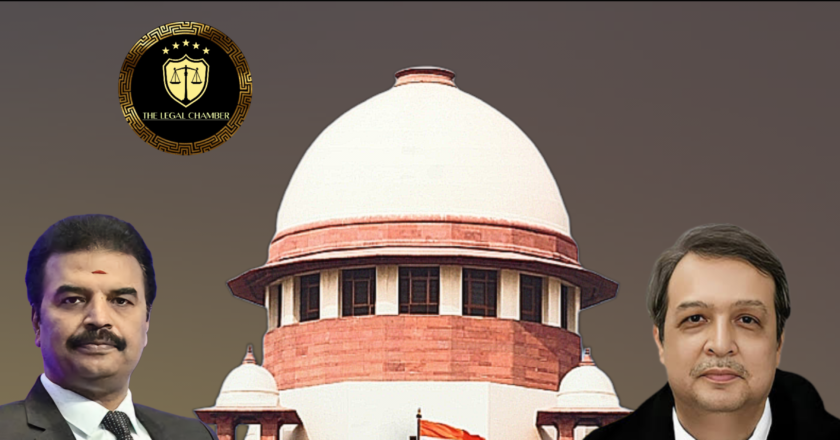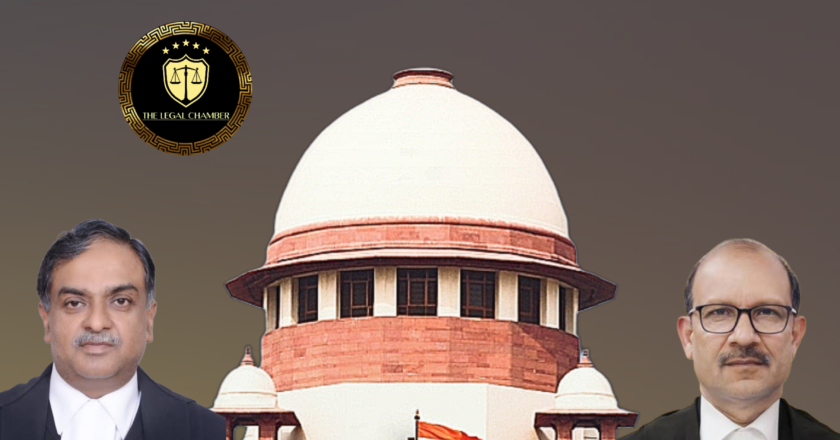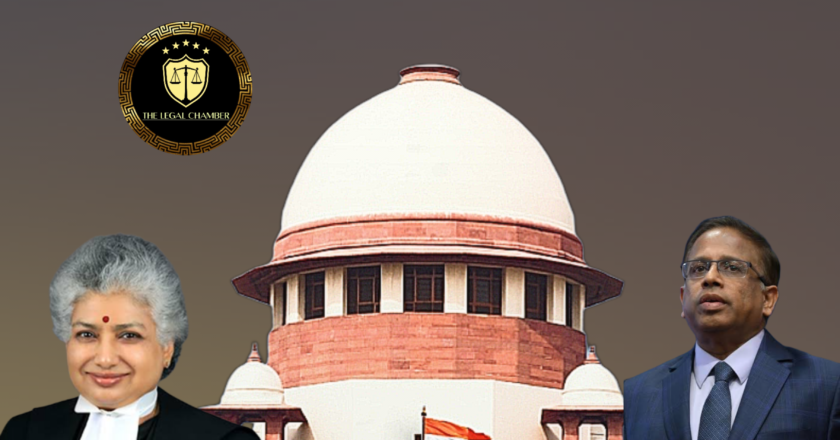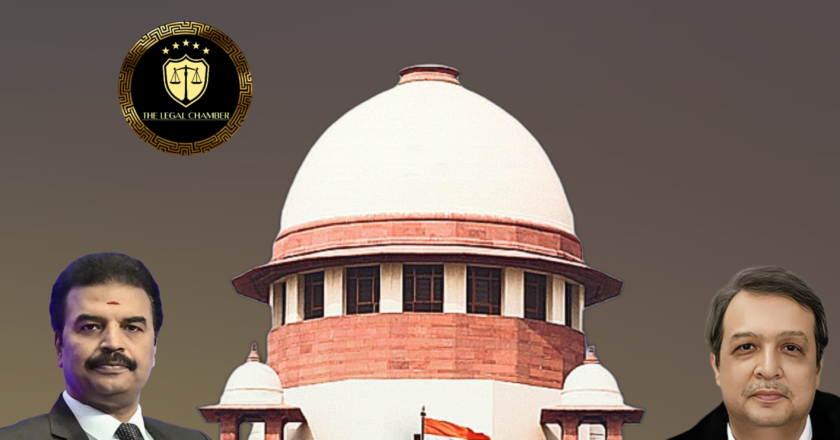Supreme Court Explains Section 195 CrPC: Police Can Investigate, But Courts Face a Hurdle
This Supreme Court judgment clarifies that for offences under Section 186 IPC, a written complaint by the concerned public servant or their superior is mandatory under Section 195(1)(a) CrPC before a court can take cognizance. However, the bar under Section 195 CrPC applies only at the stage of cognizance and does not prohibit the police from investigating such offences. The court also held that "obstruction" under Section 186 IPC is not limited to physical force but includes any act that impedes a public servant's duties. The legality of splitting distinct offences from those covered by Section 195 depends on the facts of each case.
Facts Of The Case:
A Process Server from the Nazarat Branch of the Shahdara courts was assigned to serve a warrant and a summons at the Nand Nagri police st...









